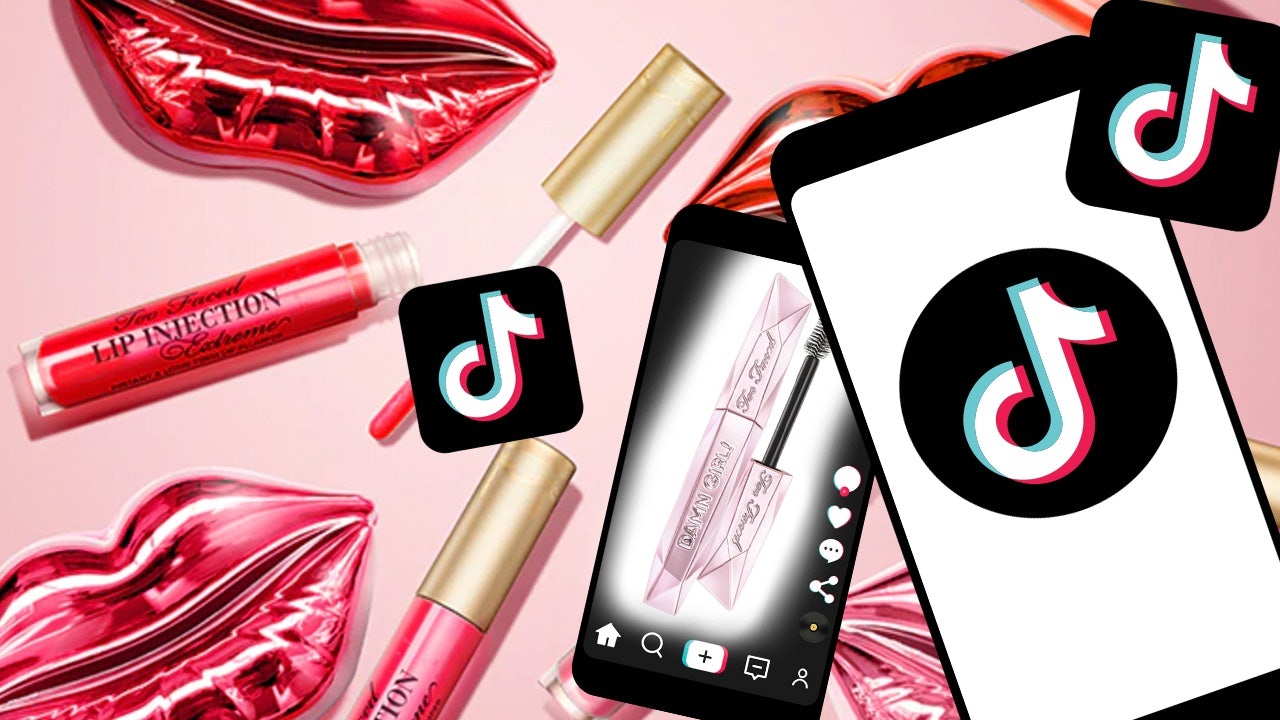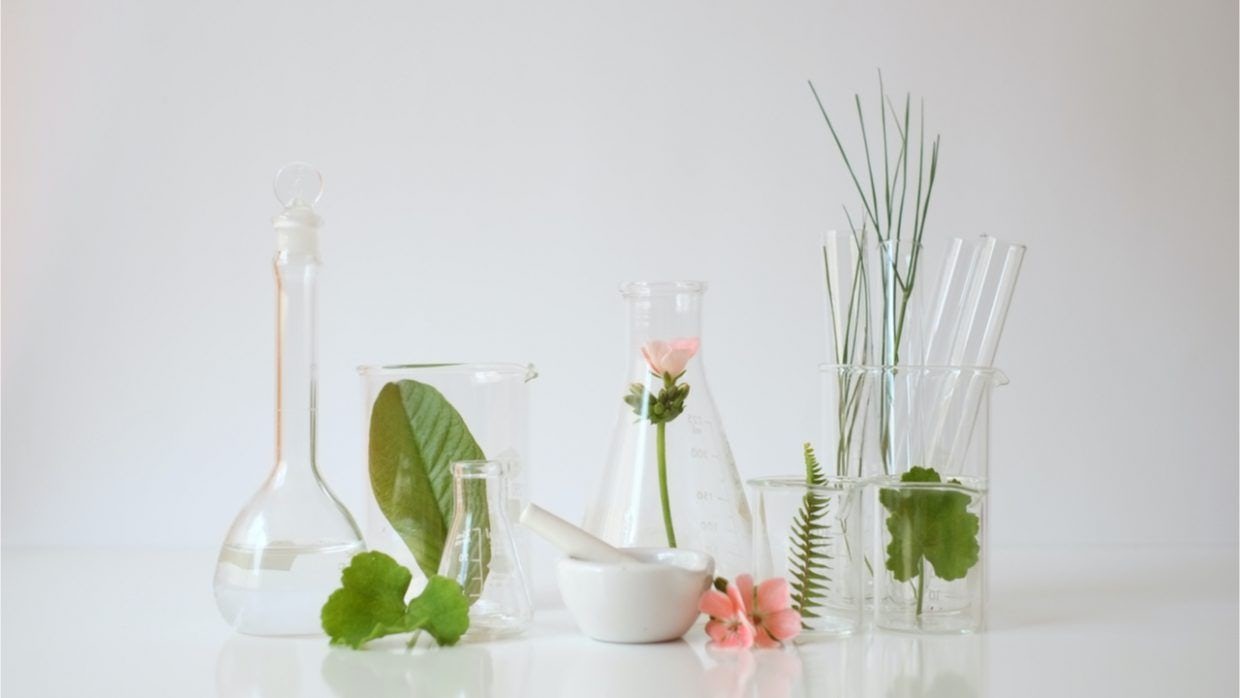Until recently, partnerships like the Estée Lauder/Too Faced and Shiseido/Drunk Elephant ones would’ve been improbable. But times have changed, and millennial-friendly beauty companies are much sought-after today. And while some emerging brands have grown into industry goliaths, other, more familiar names have filed for bankruptcy.
Domestic labels and e-commerce platforms are making it harder for established players to expand in a Chinese market ruled by young people who are increasingly enthusiastic about niche products. Appealing to a dynamic and younger demographic that’s getting younger and more demanding by the day has become a seriously difficult situation for many retailers. Yet it’s the newer, digital-first retailers and upstart companies that seem to be fluent in millennial and Gen-Z talk and can understand the needs of this youthful consumer base.
Niche brands are brilliant at building communities, and many of the most successful niche brands in China are embracing strategic interests that boost their mass-market appeal and visibility. They are ethical, cruelty-free, sustainable, and champions of social issues, which is hugely important to younger age groups.
Smaller, nimble brands appear more “authentic” to these age groups because they’re more attentive to the ingredients they use. Young, forward-thinking consumers can also be swayed by social media trends, and they demand to be heard. But, they will also help promote new, innovative ideas. Traditional beauty players, however, have been slow in catching up with the quickly-shifting demands of this consumer base. And as a consequence, digital-first brands are now gaining in popularity and are driving cultural change.
In 2016, California-based cosmetics company Too Faced dominated the beauty business conversation when it announced that Estée Lauder had acquired it for 1.45 billion. Since then, Too Faced has grabbed its customers’ attention through brilliant digital marketing campaigns and smart KOLs partnerships. For instance, after a viral video challenge on TikTok made Too Faced’s Lip Injection Extreme plumping lip into a sellout success, the brand partnered with various beauty influencers to promote the product in video shorts. “We were selling out of Lip Injection Extreme, and we were trying to figure out what kind of activations were driving this, and [we found] it was something that was organically happening on TikTok,” said Somer Tejwani, Too Faced’s vice president of global marketing. “TikTok teens were using it as part of a challenge, and it drove people into stores.”
According to Glossy, Too Faced took advantage of this opportunity by becoming the first beauty brand to collaborate with TikTok to promote its Damn Girl mascara. In this new digital marketing campaign, Too Faced invited users to take part in a hashtag challenge by posting videos with their lashes before and after applying the product. Unsurprisingly, the #TFDamnGirl campaign became an impressive success, generating over 821 million views. Promotions similar to the ones with the influencer Drea German (known professionally as DreaKnowsBest) seen in a charmingly funny video dancing with her mascara on the street would have been mocked a decade ago. But, today, these engaging and entertaining videos are pure gold.
Estée Lauder took a risk with TikTok, and it paid off. But the brand had other marketing successes, as well. Fashion Network highlights how partnerships with local trendsetters, such as the actress and singer Yang Mi and model Liu Wen, have been very profitable for the group and established brand equity in China. The company’s strong performance was built by employing a digital-first strategy in the world's most dynamic region, which led to a powerful emotional connection with consumers.
A strong focus on social media platforms such as WeChat and Weibo made Estée Lauder a symbol of innovation and authenticity. Estée Lauder fully displayed its forward-thinking strategy when the brand used augmented reality to promote its “Lipstick Chatbot” by letting consumers digitally try on makeup. “With China forecast to emerge as the fastest-growing market for the global cosmetics and toiletries industry by 2022, the New York-based company transformed itself from being identified as a brand offering a range of anti-aging products for older women into a youthful brand that appeals to growing population of young women with high spending power,” said Shagun Sachdeva, consumer insights analyst at GlobalData in a press release.
The German skincare company Babor is gaining traction in China thanks to its partnership with the Chinese beauty chain Beauty Farm and the inauguration of a store on Tmall, where the brand has around 20,000 fans. “The cooperation with Beauty Farm offers us the opportunity to widen our range, and we’ll be launching more new series in the Chinese market in the future,” said Klaus Redomske, Babor’s president and COO Asia Pacific. “For us, this is just the start.”
Babor also taps into the power of KOL marketing to secure brand loyalty and higher engagement. Because of the genuine connection that an influencer builds with their followers, brands can grow their visibility while speaking in a more authentic tone. "Although we are still at the early stage of working with KOLs, we will always look for those who sincerely like our brands,” Redomske added. “From there, we can gradually build willingness, awareness, and relationships.”
The cosmetic company Rituals has further expanded its presence in China through a personalized marketing strategy and a focus on travel retail. For instance, the brand invited local personalities who endorsed Rituals such as Gaile Lok, Cara G, and Angie Ng to the inauguration of its IFC store in Hong Kong. This focus on influencer marketing both built brand awareness and drove sales. This strategy relied on empowering local opinion leaders or micro-influencers by transforming them into brand advocates.
Hero Cosmetics, which is famous for skin patches that treat acne, invested heavily in influencer marketing campaigns and "challenges" on TikTok. Its Get Ready With Me campaign features community leaders going through their morning routines in short videos. According to initial estimates, the campaign will eventually reach 4 million TikTok users. This will expand the brand’s core business and increase its appeal with the younger consumer base.
Barcelona-based MartiDerm relies largely on data mining and a partnership with Alibaba for growth in China, and during their first 11.11 sale, the Spanish retailer sold over 5 million ampoules online. Alizila and Didier Wang, the company’s representative in China, explained how, since it debuted on Tmall Global in 2016, MartiDerm’s sales of ampoules in China have reached one unit per 2.49 seconds, breaking its own record in Spain. After the success of this initiative, “the Spanish retailer added two production lines at its Barcelona plant exclusively for the production of ampoules for sale on Tmall Global,” according to Alizila.
ISDIN is another Spanish derma-cosmetics company that relies on the e-commerce metrics provided by Tmall to get a better understanding of consumer behavior. “Such understanding enables us to co-develop product launches and more-targeted commercial campaigns with Tmall Global that truly meet the needs of the consumers,” said Charlotte Zhang, the company’s e-commerce manager in China.
But these cosmetic companies don’t solely rely on big data and analytics to win consumers’ hearts. Tmall is famously building an ecosystem of global influencers, or “wangzi,” with the idea of educating domestic consumers about trends. By partnering with influencers who advertise products through livestreaming, brands bolster awareness and see more revenue. Influencers like MK涼涼 (Weibo @MK涼涼, Wechat Official Account @huazhuangshimk, Xiaohongshu @MK凉凉) or @ Kakakaoo (Wechat Official Account: @kakakaoo, Xiaohongshu: Kakakaoo-) have millions of fans on Weibo, and they dictate trends that shake up the beauty industry. And through partnerships with brands like MAC cosmetics (Kakakaoo), Yves Saint Laurent (YSL), and Estée Lauder (MK), they can offer an added “cool factor” for local consumers.

